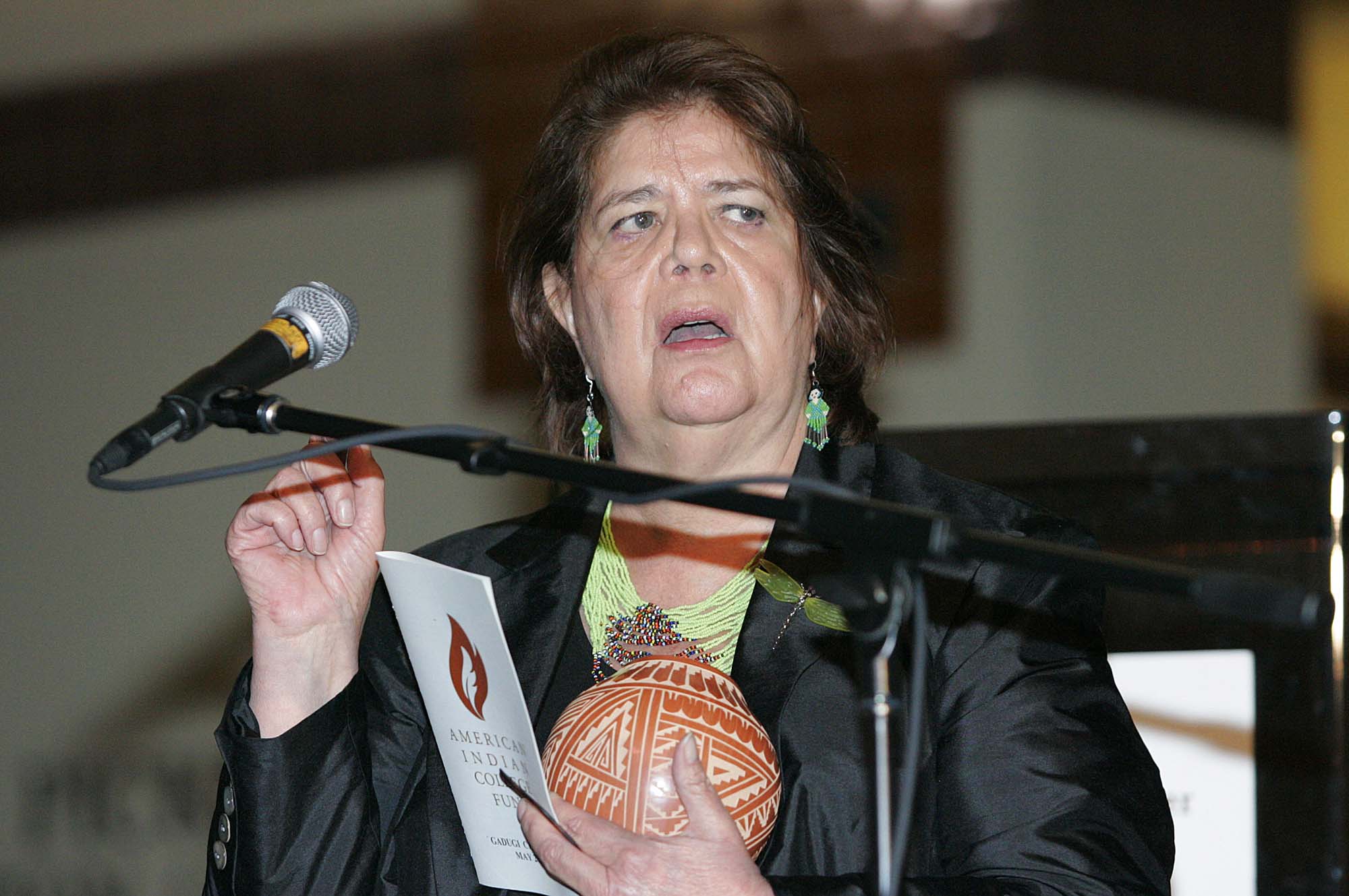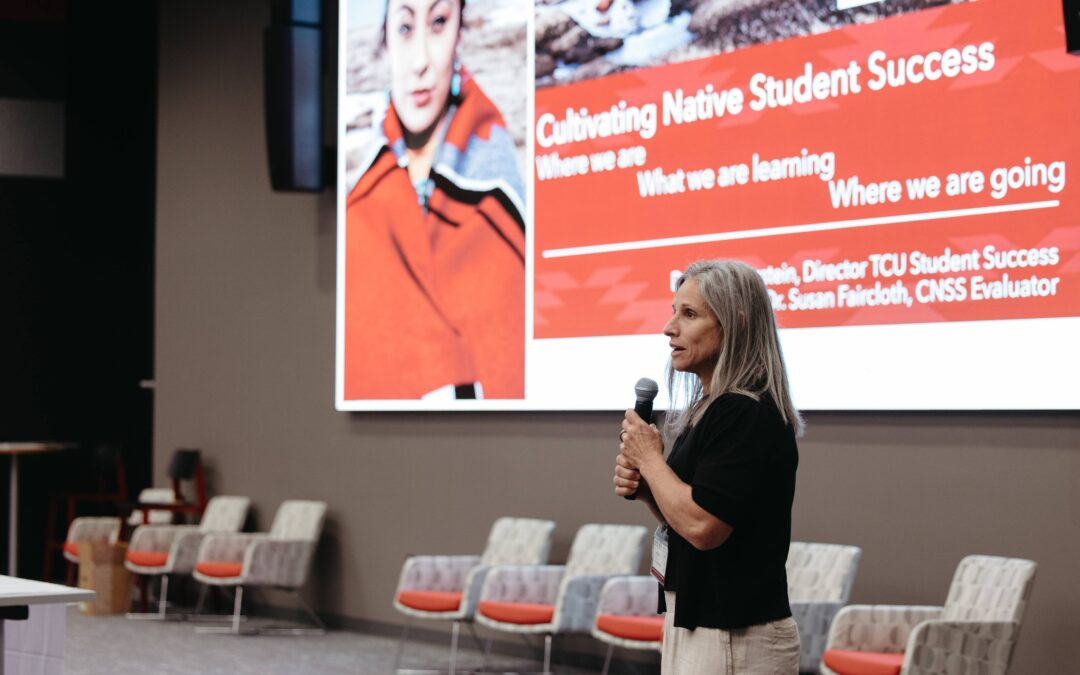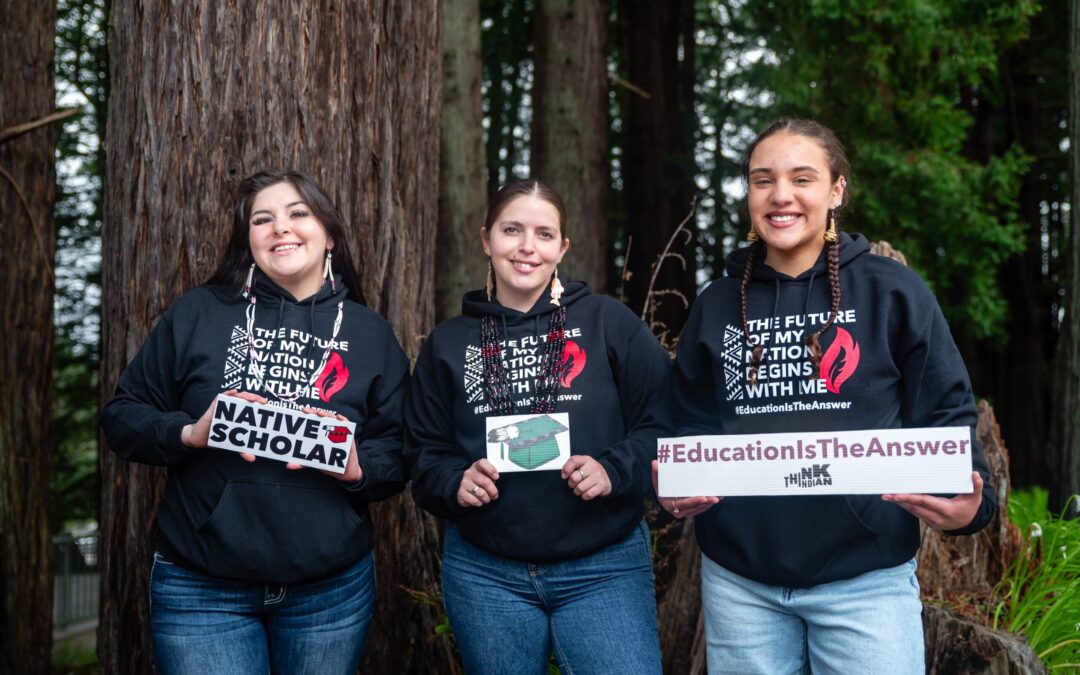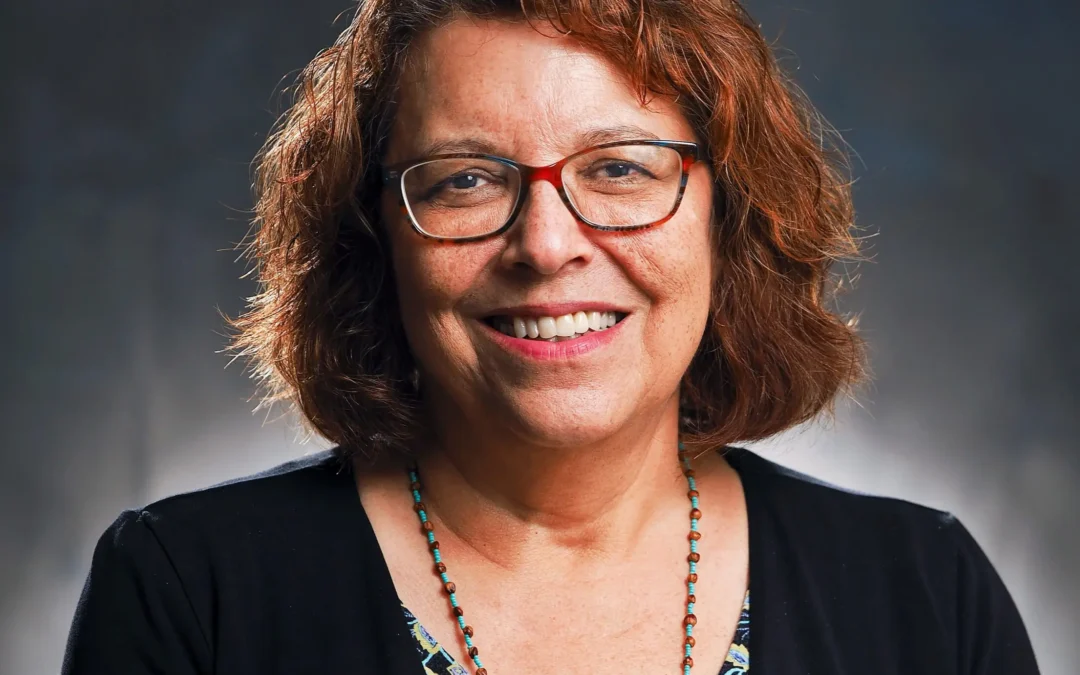Elections for national, state, and some tribal nations elections are on November 6, 2018.
While we have always been citizens of our own nations since time immemorial it was not until 1924 when all American Indians born within the territorial limits of the U.S. were recognized as citizens, allowing us the right to vote. Today, a record number of Native candidates are running for office, making the 2018 election exciting. In early September, Indian Country Today reported that 52 Native American women are running for high-level positions in state legislatures, congress, and the position of governor.
At a recent event, I shared my thoughts on what sovereignty, citizenship, and voting mean to me. One of my favorite quotes comes in the final episode of Season One of The West Wing – “Decisions are made by those who show up.”
But what does it mean to show up in relation to sovereignty, tribal citizenship, and voting?
As a Sicangu Lakota mother, daughter, sister, and relative, I think about what it means to be a good relative. I think of my role and responsibility in my Tiwahe (family), Tiospaye (extended family unit), and Oyate (nation of people) and what it means to be a citizen of my tribal nation.
As a tribal citizen, it is my responsibility to be engaged not only with my tribal nation, but also at a state and national level. Tribal citizenship means living the Lakota way of life through the knowledge and understanding of our protocols and ceremonies, living the values of respect for one’s self, our Tiwahe and the Oyate, and knowledge and protection of our land because as Native people, we cannot be separate from our spirituality and our homelands. Tribal citizenship is working together to carry on our knowledge so that our people will prosper and never give up. Tribal citizenship is socializing our children, so they have their identity, knowledge, spiritual grounding, and confidence to be successful. Tribal citizenship is exercising our inherent rights as a sovereign nation. I came across a quote last fall in which the writer stated, “Sovereignty is not about power, it’s about responsibility.” Tribal citizenship is being responsible for our choices, decisions, and voting.
When I was 19 years old, I took the responsibility to engage with my tribal nation and was elected to the Rosebud Sioux Tribal Land Enterprise (TLE) Board of Directors. Since establishment in 1943, TLE has doubled the land base of the Rosebud Sioux Tribe. I took this responsibility seriously because of the impact of our decisions on tribal jurisdiction and sovereignty.
I have had the opportunity to be engaged with other boards throughout the years. Most recently, I was invited to the join the Thunder Valley Community Development Corporation Board of Directors proving yet another opportunity for me to be engaged in the community.
I reflect on the following individuals who believed in tribal sovereignty, citizenship, and voting. They understood the importance of responsibility as a citizen and the impact that responsibility would have on sovereignty through showing up and voting.
- The late Lucy Covington, a Confederated Tribes of the Colville rancher, is credited for stopping termination of her tribe in the 1960s. Fear of increasing poverty, financial distress, and loss of tribal identity inspired her charge against a pro-termination tribal council. Today her tribe is thriving and is recognized as an important part of the Washington state economy.
- Ada Deer, Menominee Indian Tribe of Wisconsin, was a member of DRUMS (Determination of Rights and Unity for Menominee Shareholders) founded in 1970. DRUMS worked to reestablish control over Menominee Enterprises and to reverse termination of the tribe. Deer led the fight in Washington to regain restoration. Through her leadership, optimism, and persistence, the tribe received restoration in 1973.
- The late Wilma Mankiller was the first woman to serve as principal chief the Cherokee Nation. She once referred to herself as a pretty ordinary person given the opportunity to do extraordinary things in her life. Chief Mankiller lead her nation to improve healthcare, education, and workforce opportunities.
Whether I am voting for or against school vouchers, tribal President, the Governor, the Senator, school board appointments, or any other variety of ballot initiatives – my local elections are the ones that have the most impact on my daily life. Voting is important to me because I have an opportunity to show up; to make a decision to vote freely without force. An opportunity to make real and immediate change is exciting to me. And finally, voting means I get to complain about the results. So please, exercise your right to vote.
by Emily R. White Hat, J.D. (Nape Waste Win, “Good Hand Woman”) Sicangu (Rosebud) Lakota of the Aske Gluwipi Tiospaye, Director of Strategy and National Outreach at the American Indian College Fund.
Her experience as a former firefighter, EMT, policy researcher, evaluator, and legal background have all been vital to her work in program development and implementation and community engagement with tribal nations and tribal colleges and using a capacity-building approach.










